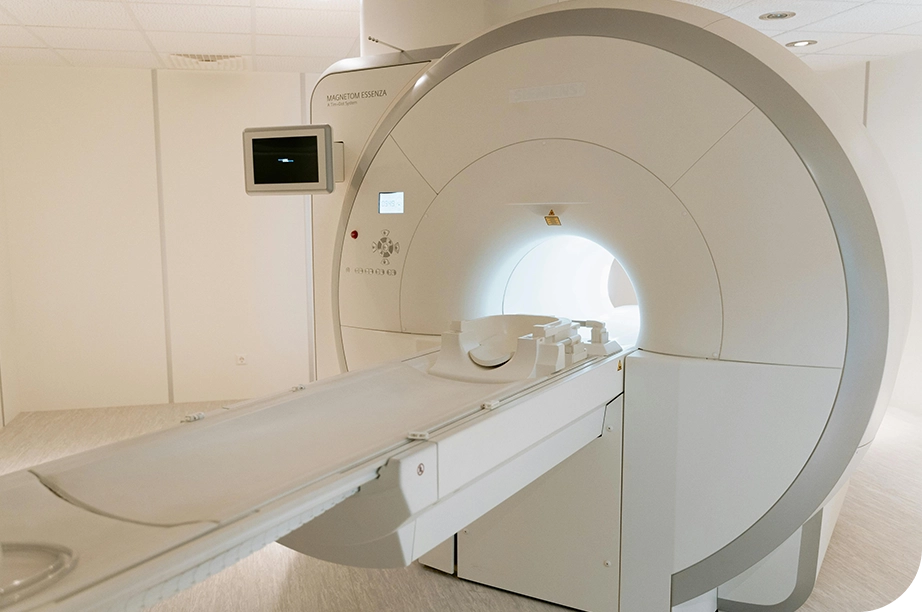Gynecological Cancer
Cancers of the reproductive system requiring timely diagnosis and personalized treatment

what is gynecological cancer
Gynecological cancer refers to malignant tumors that develop in the organs of the female reproductive system. The most common types include cervical, ovarian, endometrial, vaginal, and vulvar cancer. Early diagnosis and a tailored treatment approach are crucial for prognosis. With modern methods and comprehensive care, the chances of successful treatment have significantly increased.

Types and characteristics of gynecological cancer
Cervical cancer is primarily linked to HPV infection and is detected through Pap tests and HPV DNA tests. Ovarian cancer is more challenging to detect in its early stages, as symptoms are often absent.
Endometrial cancer typically presents with bleeding outside the menstrual cycle, especially in postmenopausal women. Vaginal and vulvar cancers are rarer but are also associated with HPV infection.
Symptoms and clinical presentation

Diagnostic examinations
Diagnosing gynecological cancer involves a series of tests aimed at early detection and accurate assessment. Pap tests and HPV DNA tests are the first line of defense against cervical cancer. Pelvic ultrasound assesses the pelvic organs for the presence of tumors or cysts. Endometrial biopsy is essential for diagnosing endometrial cancer.
Additionally, imaging tests such as MRI and CT scans provide clear images to determine the extent and location of tumors.
Treatment and management options





Prevention and care
Prevention remains the cornerstone in combating gynecological cancer. Regular screenings with Pap tests, HPV DNA tests, and ultrasounds, HPV vaccination, and maintaining a healthy lifestyle are powerful tools against cancer.
Psychological support also plays a crucial role, as a positive outlook and accurate information can significantly boost emotional strength and hope for recovery.

A gynecological cancer diagnosis can be a challenging experience, but modern treatment methods and comprehensive care provide realistic hopes for recovery. Early diagnosis, a specialized medical team, and continuous support are the keys to a positive outcome and a fulfilling life after treatment.




